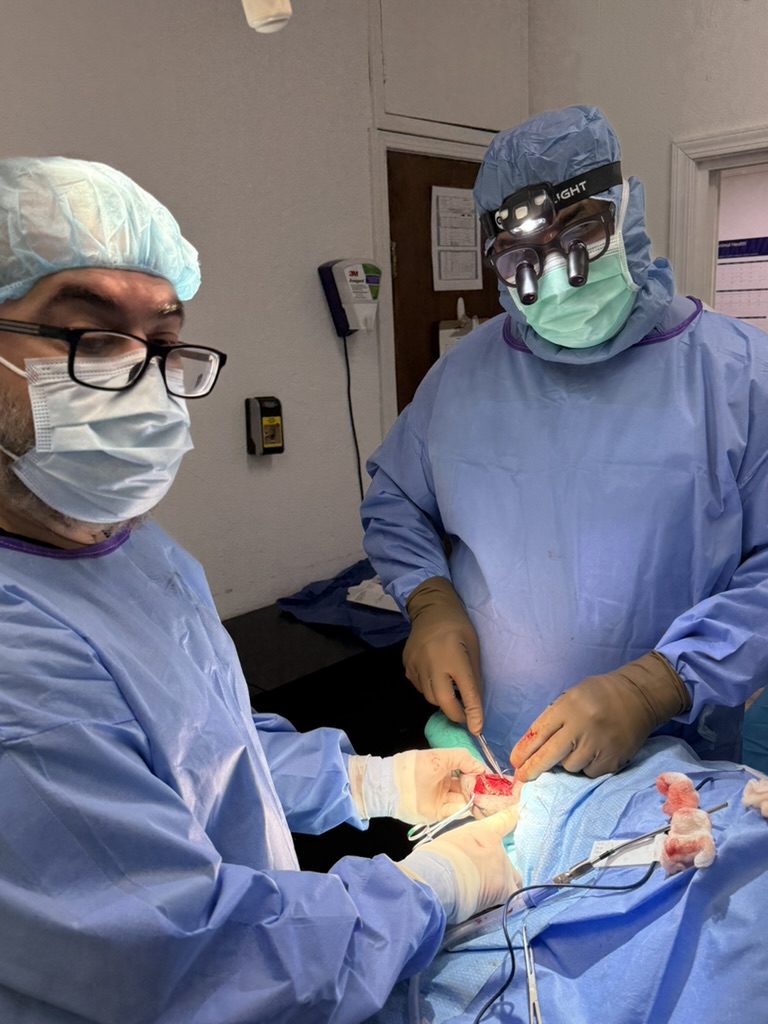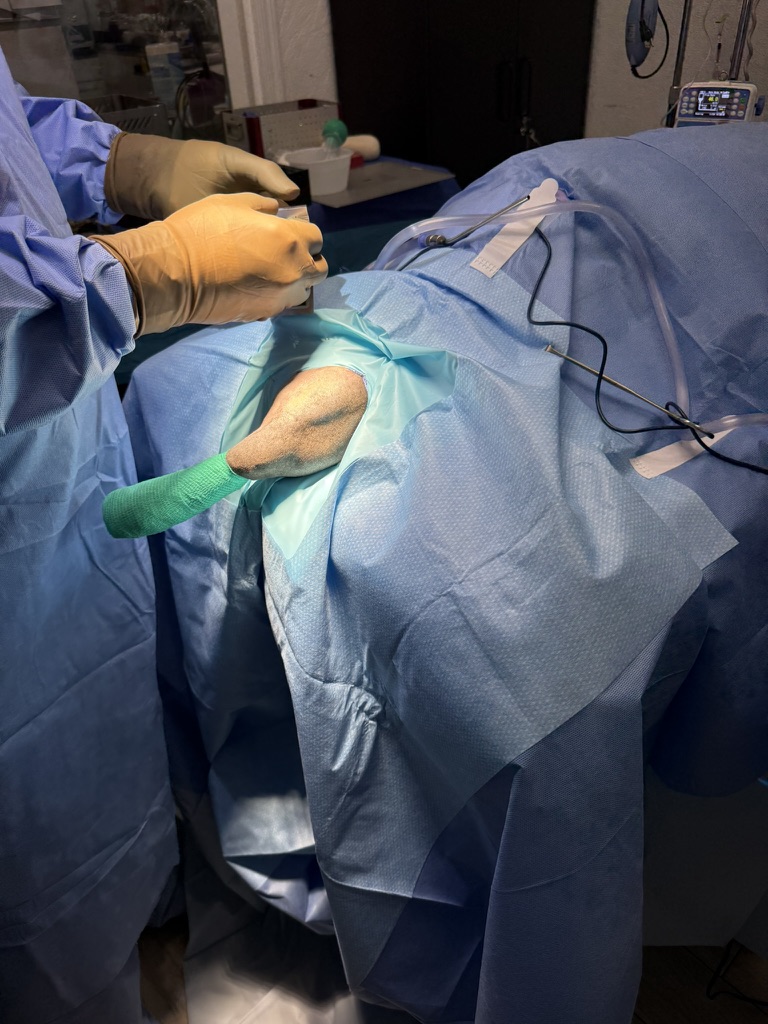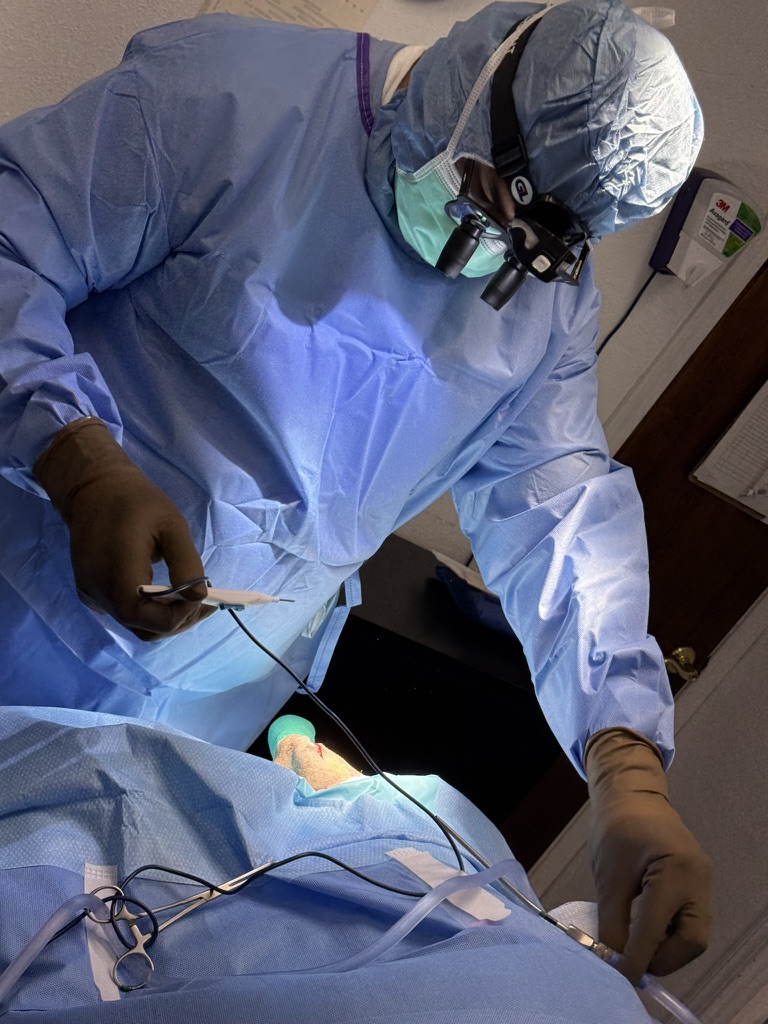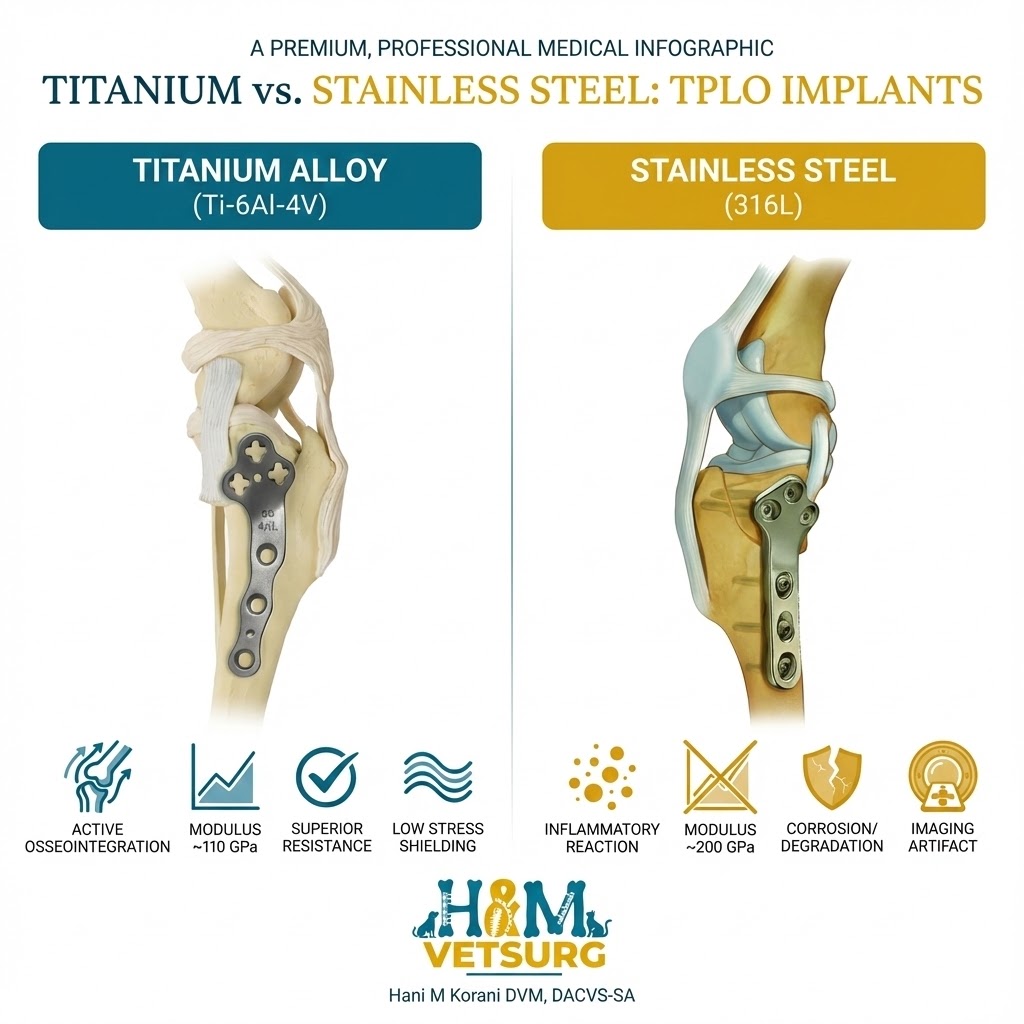Think of a board-certified surgeon like a specialist for people, such as a cardiologist or an orthopedic surgeon. We have completed years of additional, intensive training and rigorous examinations focused solely on surgery. We partner with your trusted family veterinarian to provide this next level of care.
The pet undergoes surgery at your regular vet’s office, a place they already know. This significantly reduces the anxiety for both the pet and the owner, who avoid the stress of a large, unfamiliar hospital.
You don’t have to deal with the hassle of finding and traveling to a separate specialty center, which in the Bay Area can mean navigating significant traffic and parking challenges. All pre-op and post-op care happens at one convenient location.
While not always the case, a mobile surgeon often has lower overhead than a massive specialty hospital, which can sometimes translate into more affordable pricing for advanced procedures.
Your journey starts with your family vet, who has diagnosed a condition that may require surgery and has recommended our specialized services.
While you are at home or work, your pet will be made comfortable and safe. A dedicated veterinary nurse will monitor them from the moment they are given pre-operative sedation, throughout the entire surgery, and until they are fully awake. Their comfort and safety are our absolute priorities.
You will receive a call from your veterinarian as soon as the procedure is finished. We will provide detailed, written instructions for care at home, and your vet will go over them with you when you pick up your pet.
Your Role in a Successful Recovery



